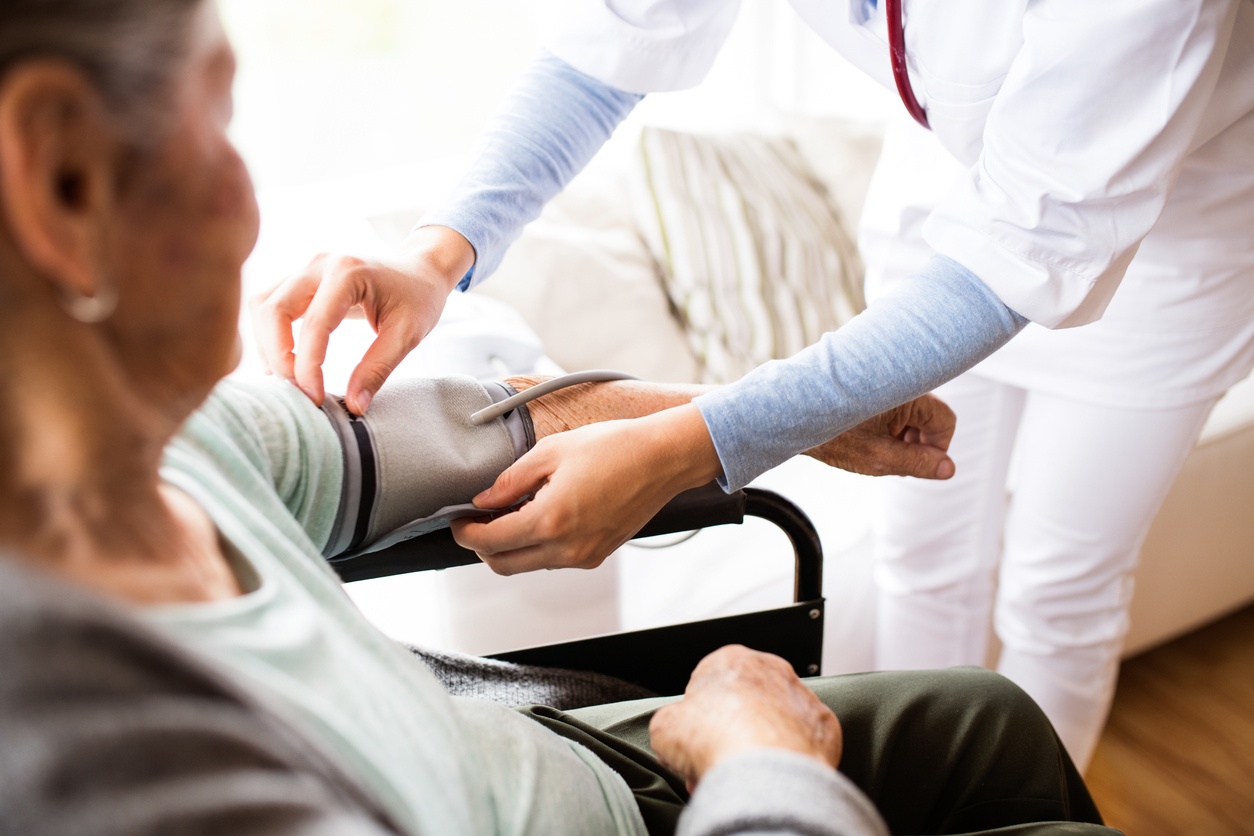
Understanding the many differences between various kinds of health care services and facilities can be a daunting task, especially when you’re experiencing medical problems and need to make quick decisions. Taking the time to learn these differences as they are perceived by the Centers for Medicare & Medicaid Services (CMS) is important; payment for such services is subject to certain rules.
Defining the two types of facilities — rehabilitation and skilled nursing — can be especially confusing because the two tend to overlap, thus seeming to be one in the same. While there are no definitions that are used consistently in health care to describe the two types of services and facilities, here’s a look at how rehabilitation and skilled nursing are defined as separate entities by CMS and other organizations in the Medicare/Medicaid realm.
Care Basics of Skilled Nursing and Rehab
According to the CMS “Glossary of Health Coverage and Medical Terms,” rehabilitation services are defined as, “Health care services that help a person keep, get back or improve skills and functioning for daily living that have been lost or impaired because a person was sick, hurt or disabled. These services may include physical and occupational therapy, speech-language pathology and psychiatric rehabilitation services in a variety of inpatient and/or outpatient settings.”
A particularly explanatory definition of skilled nursing facilities is provided in the CMS online glossary:
“This is a level of care that requires the daily involvement of skilled nursing or rehabilitation staff. Examples of skilled nursing facility care include intravenous injections and physical therapy. The need for custodial care (for example, assistance with activities of daily living, like bathing and dressing) cannot, in itself, qualify you for Medicare coverage in a skilled nursing facility. However, if you qualify for coverage based on your need for skilled nursing or rehabilitation, Medicare will cover all of your care needs in the facility, including assistance with activities of daily living.”
Even in the definitions provided by CMS, the lines are blurred by including rehabilitation in the definition of skilled nursing.
Skilled Nursing and Rehab Facilities Defined
Another way to try to differentiate between skilled nursing and rehabilitation is to define the facilities.
Medicareresources.org defines an inpatient rehabilitation facility as follows:
“An inpatient rehabilitation facility is a facility licensed under state laws to provide intensive rehabilitative services. An inpatient rehabilitation facility will be able to provide more intensive rehabilitation than a skilled nursing facility or home-based rehabilitation service.
“A patient who has a knee replacement may need care in a skilled nursing facility during the rehabilitation process, whereas a patient who has suffered a stroke or a spinal cord injury may need care in an inpatient rehabilitation facility. Medicare will cover inpatient rehabilitation facility care if such care is deemed necessary.”
More explicitly, CMS defines inpatient rehabilitation facilities as “free standing rehabilitation hospitals and rehabilitation units in acute care hospitals. They provide an intensive rehabilitation program and patients who are admitted must be able to tolerate three hours of intense rehabilitation services per day.”
Similarly, MedicareInteractive.org provides the following definition of a skilled nursing facility:
“Skilled nursing facility (SNF) care is post-hospital care provided at a SNF. Skilled nursing care includes services such as administration of medications, tube feedings, and wound care. Keep in mind that SNFs can be part of nursing homes or hospitals.”
Taken together, the definitions define care at a skilled nursing facility as being less intensive, with rehabilitation facilities being dedicated to more severe and/or debilitating cases requiring lengthy and highly specialized therapies and services. That is not to say, however, that skilled nursing care and rehabilitation facilities are mutually exclusive; skilled nurses work at every level of care to ensure each patient receives the care they need when they need it.
The Countryside Definition
At Countryside, our award-winning, Medicare/Medicaid certified skilled nursing facility provides round-the-clock onsite care, including:
- Physical, occupational, speech and massage therapy.
- Available optical, dental and podiatry services.
- A registered dietitian overseeing nutrition.
- Activities and programs designed to keep patients energized and smiling.
- Resident pets who share their own special warmth and comfort with patients.
For those in need of rehabilitation services. Countryside’s 2,000-square-foot rehab center offers all the latest technologies and highly specialized therapists in a sunny and welcoming environment. Our services include:
- Physical, occupational and speech therapy available seven days a week.
- Orthopedic, cardiac and neurological therapy programs.
- An AlterG Anti-Gravity Treadmill that safely enables weightless movement to rebuild muscle strength, increase range of motion and more in patients who have experienced a stroke or undergone orthopedic surgery.
- Electrotherapy, neuromuscular stimulation, diathermy and ultrasound modalities.
- LSVT BIG and LOUD certified therapists providing tailored speech and exercise programs for patients with neurological conditions like Parkinson’s disease.
If you need a specific service or facility type but are overwhelmed by the explanations and choices, we can help. Our website has a wealth of information and our staff is always happy to speak or meet with you to discuss your care options.

